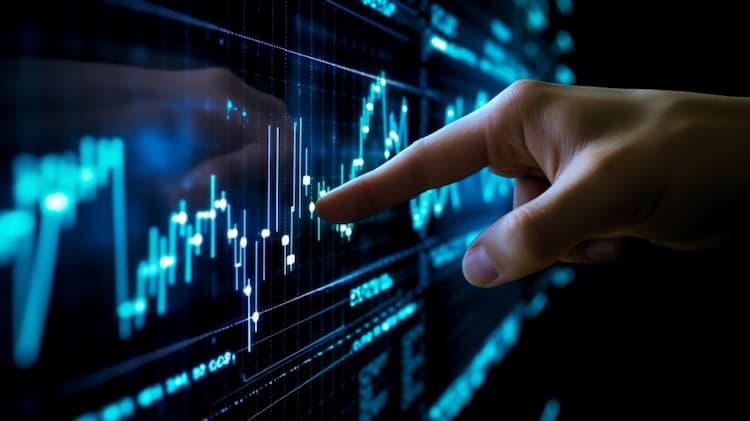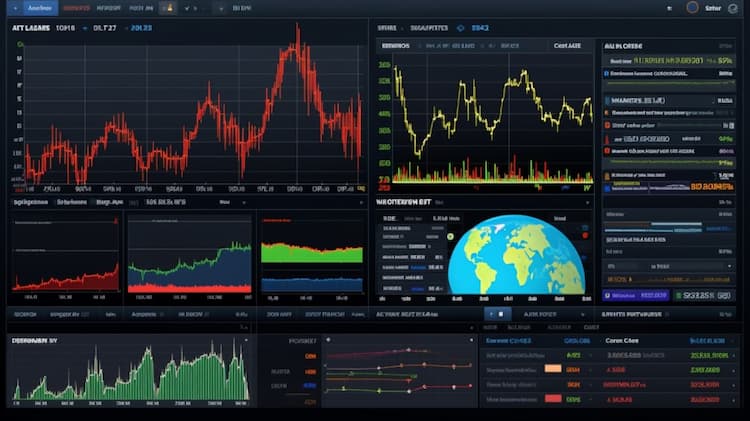
What is the PALL ETF ?
If you are interested in exploring the world of financial instruments and ETFs, the PALL ETF might have caught your attention. In this article, we will provide a detailed analysis of the PALL ETF, shedding light on its underlying assets, benefits of investing, and important considerations to keep in mind before making any investment decisions.
PALL ETF: Overview
The PALL ETF is an exchange-traded fund that focuses on providing exposure to the precious metals market, with a specific emphasis on palladium. Palladium, a rare and valuable metal, plays a crucial role in various industrial applications, making this ETF an appealing option for investors looking to diversify their portfolios.
PALL ETF Underlying and Exposure: What Does It Track and How?
The PALL ETF tracks the price performance of palladium through various means. Its underlying assets primarily consist of physical palladium or derivatives contracts linked to palladium's market price. As the demand for palladium in industrial sectors like automotive, electronics, and jewelry continues to grow, the PALL ETF aims to capture the potential price appreciation of this precious metal.
 PALL overlap What is the PALL ETF ?
PALL overlap What is the PALL ETF ?
PALL ETF: Benefits of Investing
Investing in the PALL ETF offers several advantages for investors. Firstly, it provides a convenient way to gain exposure to the palladium market without the need to own and store physical palladium. ETFs are traded on exchanges like stocks, offering liquidity and ease of buying and selling. Secondly, the PALL ETF can act as a hedge against inflation and economic uncertainties due to its association with precious metals. Additionally, investors can benefit from potential capital appreciation as the demand for palladium rises.
PALL ETF: Considerations Before Investing
While the PALL ETF presents an appealing investment opportunity, it is essential to consider certain factors before making any investment decisions. As with any financial instrument, ETFs carry inherent risks, and the value of the PALL ETF can fluctuate based on palladium prices and market conditions. Investors should carefully assess their risk tolerance and investment objectives before allocating funds to this ETF. Furthermore, it is prudent to conduct thorough research on the ETF's management team, expense ratio, and historical performance.
Conclusion:
In conclusion, the PALL ETF offers an intriguing opportunity to participate in the precious metals market, particularly in palladium. With its potential benefits and convenience as an exchange-traded fund, it can be an attractive addition to a well-diversified investment portfolio. However, investors must exercise caution and conduct due diligence before making any investment, as the value of the PALL ETF is subject to market fluctuations. Remember, this article is for informational purposes only and does not provide any investment advisory services.
Disclaimer: This article is for informational purposes only and does not provide any investment advisory services.
PALL quote and analysis
Discover the top holdings, correlations, and overlaps of ETFs using our visualization tool.
Our app allows you to build and track your portfolio.
To learn more about the PALL abrdn Physical Palladium Shares ETF, access our dedicated page now.
PALL ETF issuer
PALL ETF official page
FAQ
What is the PALL ETF?
The PALL ETF, also known as the Aberdeen Standard Physical Palladium Shares ETF, is an exchange-traded fund that offers investors exposure to the price movement of physical palladium, a precious metal used in various industrial applications and jewelry.
How does the PALL ETF work?
The PALL ETF operates by holding physical palladium bullion in secured vaults, and each share of the ETF represents a fractional ownership interest in the underlying palladium. As the price of palladium changes, the value of the ETF's shares also fluctuates.
What are the key features of the PALL ETF?
The PALL ETF provides investors with a convenient way to invest in palladium without physically owning and storing the metal. It offers transparency in tracking the spot price of palladium and is traded on major stock exchanges like any other stock.
What drives the performance of the PALL ETF?
The performance of the PALL ETF is primarily influenced by the supply and demand dynamics of the palladium market, which can be influenced by factors such as industrial demand, geopolitical events, economic conditions, and changes in mining production.
What are the advantages of investing in the PALL ETF?
Investing in the PALL ETF allows investors to participate in the potential price appreciation of palladium, which may occur due to increased industrial usage, limited supply, or global economic growth. It offers a liquid and easily tradable investment option.





